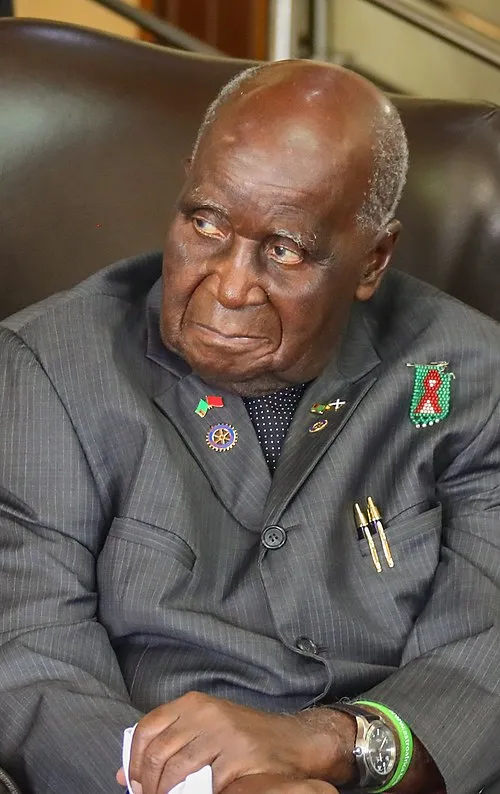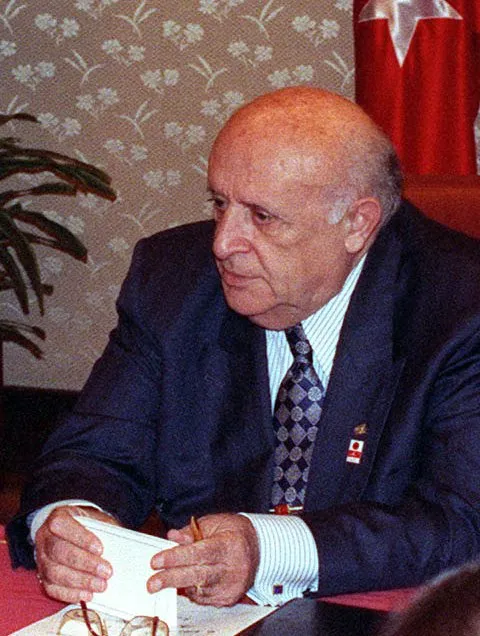In 2021, President Joe Biden signed Juneteenth National Independence Day into law, marking it as the first new federal holiday since Martin Luther King Jr. Day was established in 1983. This significant milestone celebrates the end of slavery in the United States, emphasizing the importance of freedom and equality.
On June 17
13
Important Days
58
Important Events
311
Births and Deaths
recorded.
Holidays and Occasions
Events
Births and Deaths

Celebrating Father's Day in El Salvador and Guatemala
Father's Day is a special occasion celebrated in many countries around the world, including El Salvador and Guatemala. Although the dates differ from those celebrated in the United States and other countries, the essence and significance of the day remain profound...

Icelandic National Day: A Celebration of Independence
Icelandic National Day, observed annually on June 17th, marks a significant milestone in the country's history: its independence from the Kingdom of Denmark in 1944. This day commemorates the establishment of the Republic of Iceland and is celebrated with great fervor and national pride across the nation...

National Day of Remembrance for the Victims of Forest Fires in Portugal
Every year on the 17th of June, Portugal observes the National Day of Remembrance for the Victims of Forest Fires. This day serves as a somber reminder of the devastating impact that forest fires can have on communities and the natural environment...

Embracing Freedom: The Significance of Latvian Republic Day
Latvian Republic Day is a significant national holiday celebrated every year on November 18. It marks the proclamation of independence from foreign rule in 1918, a pivotal moment in the country’s history...

Combatting Desertification and Drought: The Importance of World Day to Combat Desertification
The World Day to Combat Desertification and Drought (WDCD) is observed annually on June 17. This important international day highlights the issues associated with desertification, land degradation, and drought, which are pressing environmental challenges exacerbated by climate change...

Zemla Intifada Day: A Significant Commemoration for the Sahrawi People
The Zemla Intifada Day, commemorated annually on Western Sahara’s territory and in exile, marks a significant moment in the ongoing struggle for the rights and recognition of the Sahrawi people. This day not only symbolizes the resilience of the Sahrawi Arab Democratic Republic (SADR) but also highlights the movement's broader quest for self-determination...

Discovering Albert Chmielowski: Patron Saint of the Homeless
Albert Chmielowski, also known as Saint Albert, is widely recognized for his dedication to the poor and the marginalized in society. Born on August 20, 1845, in Igołomia, Poland, Chmielowski’s life took a transformative turn after he experienced personal tragedy and a profound encounter with art and faith...

Exploring the Legacy of Botolph in England and Scandinavia
Botolph is a name that may not be immediately familiar to many, yet it holds significant historical and cultural importance in both England and Scandinavia. With roots tracing back to the early medieval period, Botolph is celebrated as a Christian saint, an illustrious figure in the ecclesiastical history of England, and a shared cultural icon in Scandinavian traditions...

The Legacy of Gondulphus of Berry: Saint of Compassion and Faith
Gondulphus of Berry, also known as St. Gondulphus, is a significant yet often overlooked figure in the history of Christian saints...

Exploring the Life and Legacy of Hervé: A Multifaceted Influence
Hervé, a name that echoes through various domains, has influenced art, music, and culture. Whether recognized for his contributions in literature, his role in theater, or his innovative approach to music, Hervé's multifaceted persona captures the essence of creative expression...

Hypatius of Bithynia: A Significant Saint in Eastern Orthodoxy
Hypatius of Bithynia, a revered figure in the Eastern Orthodox and Byzantine Catholic Churches, has long stood as a model of faith, virtue, and leadership. His contributions are not only integral to the history of the Church but also influential in the spiritual lives of countless believers...

Exploring the Legacy of Rainerius: A Pioneer in Religious Thought
Rainerius, a name not frequently mentioned in mainstream discussions, plays a pivotal role in the tapestry of religious philosophy. His contributions during the late Middle Ages reflect a complex intersection of theological inquiry and social justice, which continue to inspire scholars and religious leaders alike...

Samuel and Henrietta Barnett: Pioneers of Social Reform in the Church of England
Samuel Barnett and his wife Henrietta Barnett were prominent figures in the late 19th and early 20th centuries, known for their innovative contributions to social reform within the Church of England. Together, they championed causes related to the welfare of the poor and advocated for social justice, leaving a lasting impact on British society...


























